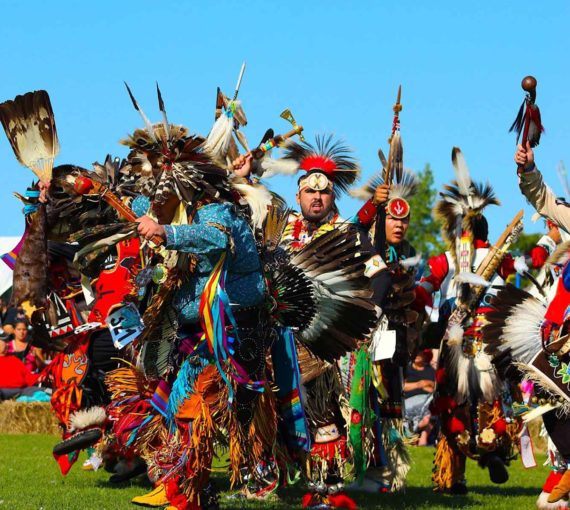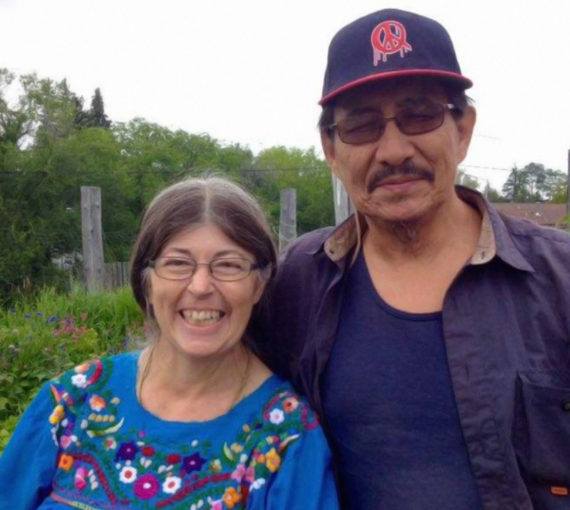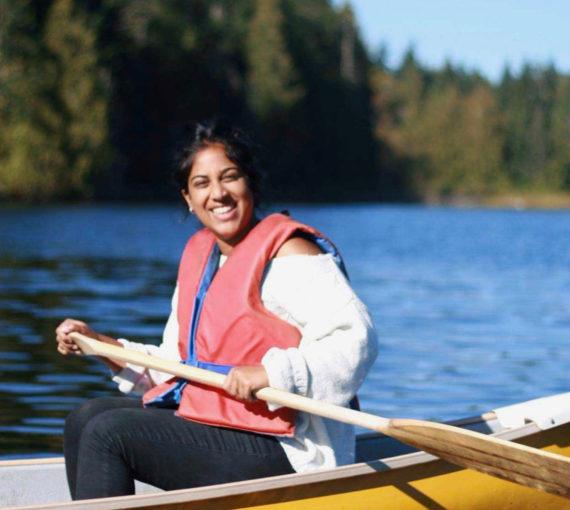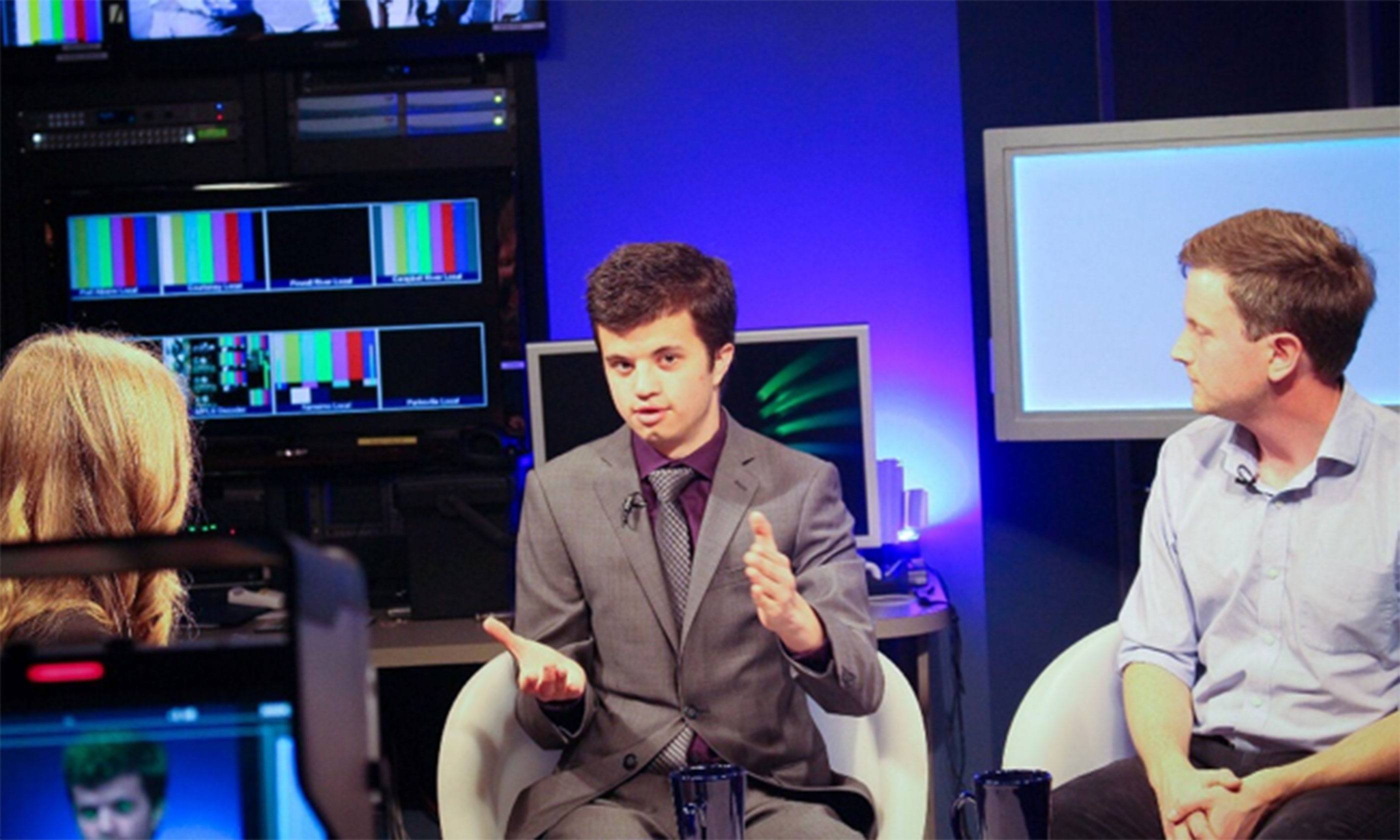
Fernando Garci-Crespo hosts a television show about proportional representation called “Voting For Change”. (Photo: Richard Habgood)
Fernando Garci-Crespo is a 19-year-old climate activist committed to helping create a livable future. Originally from Mexico, he went to high school in Victoria and is now in his first year at UBC. He was trained by Al Gore as a Climate Reality Leader in 2016, founded the Victoria Climate Hub and is the co-leader of the Vancouver Climate Hub. He is also the Greater Vancouver volunteer coordinator for Fair Vote BC and serves on the National Youth Council of Earth Guardians.
“In a world of more than seven billion people, each of us is a drop in the bucket.
But with enough drops, we can fill any bucket.” — David Suzuki
How did you get involved in environmentalism?
Growing up in Mexico City, my dad always taught me to care for the land. We gardened together, and he instilled in me the values of protecting and having a strong connection with the natural world.
When I moved to Victoria for Grade 10, I participated in a program at my public high school called Institute for Global Solutions. This explored the intersectionality of science, social studies, development and sustainability. IGS was amazing! I learned a lot about these issues and realized that I could get involved in solving them. I was not involved in activism back home in Mexico because doing so can be dangerous. IGS exposed me to opportunities in Victoria for taking action. For example, around that time, I started getting involved with political campaigns. After that, I continued to take up opportunities that came my way.
I know one of those opportunities was the international policy negotiations work you do as a representative of Earth Guardians. What did you learn from that?
I’ve always had a big interest in quantitative analysis of international development. I created indices to measure various indicators such as health, environmental sustainability and education levels in different countries. Because of my experience in this area, I represented Earth Guardians at the Global Climate Action Summit. Youth on the front lines of environmental destruction comprise most of our Earth Guardians chapters. We want to see the voices of these marginalized youth represented at the international stage.
How do you feel about being a young environmentalist in adult-dominated spaces?
I believe my presence is necessary. Climate change is going to impact our generation’s future, so we must have a say in addressing it! Also, right now there’s such a strong polarization of views between generations, between millennials and baby boomers. We live in an age of division, and I believe in collaboration and in tearing down barriers.
Therefore, instead of furthering the generational divide by creating youth and adult organizations doing separate work, we need to ensure that pre-existing organizations take into consideration co-leadership between youth and older generations. I don’t like organizations that are only women, or only Latinos (like myself), or only young people. I think that if our marginalized communities want to be heard on the larger stage, we need to infiltrate the power structures that don’t currently incorporate our views.
That’s what I like doing. I go into some meetings where I’m the youngest person there and the only person from a minority origin. I push the group to places that at first they didn’t want to go. For example, I encourage everyone to focus on action instead of just talking. In my experience, this enthusiasm is a strength of us as youth.
Also, our organizations need to groom successors: if we don’t put enough energy into engaging the next generation on these issues, then there’s not going to be continuity. That’s why I think it is important that adults put youth in positions of leadership.
Spending as much time as you do thinking about the climate crisis must be depressing. What gives you hope?
There is no hope without fear. The scientists tell us we need to act, now. The dramatic action needed to heed their advice can also be exciting.
I see it like getting a new car (electric, of course). If your car breaks down and you need to buy a new one, it is definitely a significant hassle and expense. It is also exciting, though, because you get to pick a car that better suits your needs than the old one. You can get seats that are more comfortable, or a trunk that better fits what you need to put in it. We are right now presented with this opportunity, on a much larger scale. To prevent climate catastrophe, we need to make some fundamental changes to our society. This gives us an opportunity to change our world for the better.
How do we engage with people who see these issues differently from us?
We all need to work together to create a better future for everyone. To create change, then, we can’t be hateful or angry. We’re at point A and we need to get to point B. How are we going to get there? It will not be a straight line, and we need to collaborate with diverse people who have different views than ours. We need to validate people’s concerns, meet them where they are at and make sure they feel listened to. We need to make sure that we are compassionate, and that we love. It’s too easy to base movements on hatred. I think this is a problem we are seeing in the environmental movement right now. For example, when we get angry at oil corporations. I don’t want to talk about oil corporations, because I think pointing fingers is not constructive. I don’t care who is to blame; my focus is to promote solutions. We need to approach change with hope.
What advice would you have for other young people who are looking to get involved in environmentalism?
Share your voice! Talk to your friends about these issues. Talk to your classmates. Post on social media: it has its flaws but is also an important tool. If you are looking to take the next step, pick a politician you admire and volunteer for their election campaign. Through doing this, I learned a lot about policy. I also gained experience in skills such as how to run a team, how to phone-bank and, most importantly, how to connect with voters. In the end, this is how we are going to make change. We need to build bridges, to meet at the points that we agree about. We’re going to get to a sustainable world through conversation and through compassion.
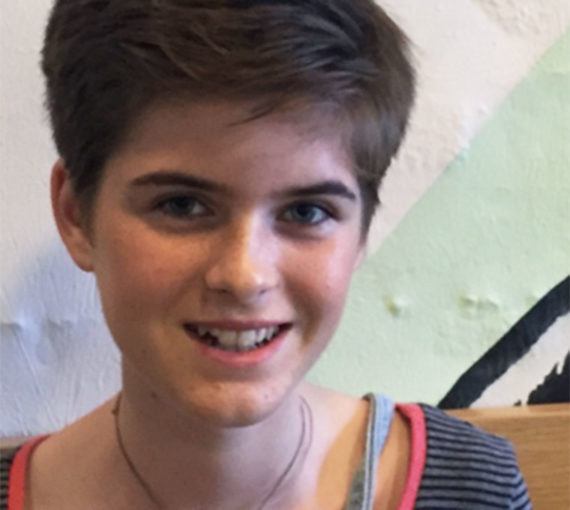
Rebecca Hamilton
Rebecca Hamilton, a 16-year-old student from Vancouver, is deeply passionate about building a livable future for her generation. Most recently, she organized the Vancouver teen #climatestrike. When not absorbed in climate action, she can be found behind a book, near a tree or playing her violin.
